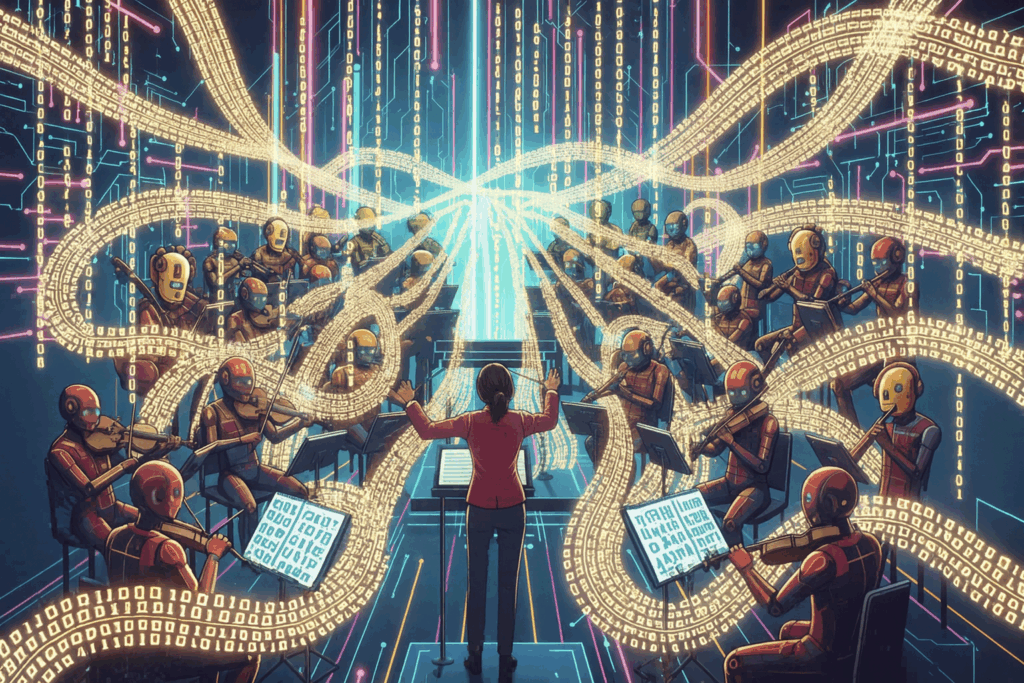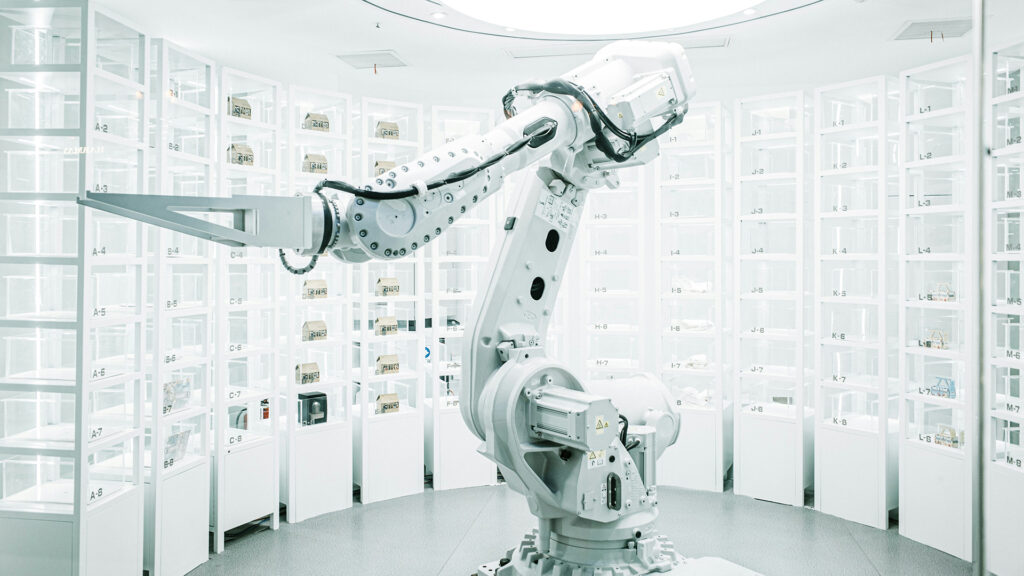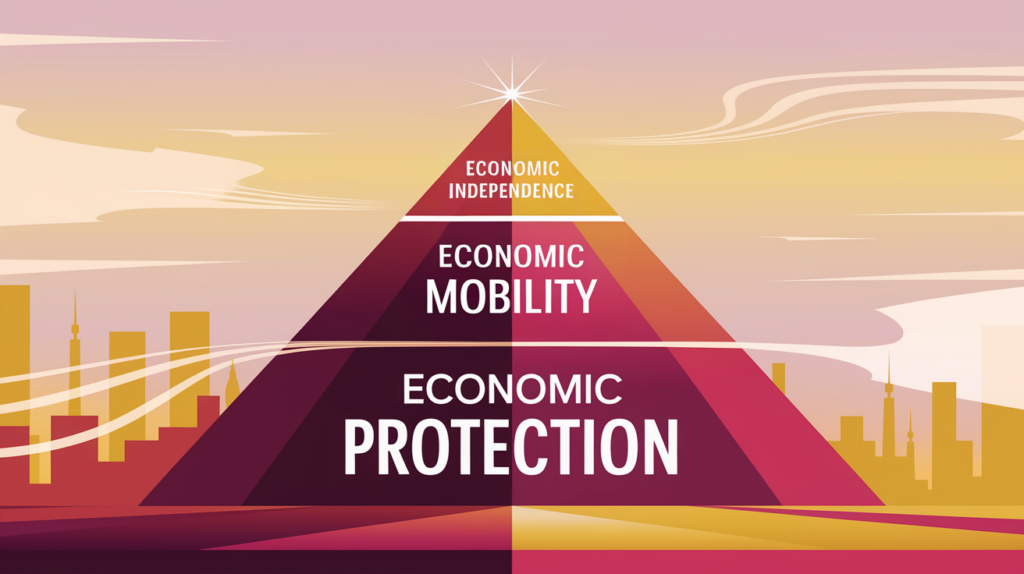A Future Shaped by AI Innovation
Our predictions for 2025 and beyond
James Joaquin |

As we look to the future, we believe the economic landscape will be reshaped by AI-fueled innovation. Advances in data analytics, enterprise tools, and business software will redefine economic health, offering substantial benefits to individuals and businesses alike.
We believe the biggest advances will come in several key areas. Small-to-medium-size business (SMB) tools will boost how businesses operate and interact with consumers. Labor marketplaces will redefine valuable job skills and more closely align employers with workers. And industries like insurance, which have long struggled with boom-and-bust cycles and customer dissatisfaction, will find smoother paths to operational efficiency and customer retention. In each case, fraud will remain a potent risk, and AI tools will also improve at detecting and eliminating bad actors.
Here’s a snapshot of the future we predict:
Record numbers of businesses will change hands.
Two factors will accelerate business transfers. The “silver tsunami” of retiring baby boomers will drive the turnover of nearly 8 million privately owned businesses. And reduced venture funding between 2020 and 2022 will prompt more founders to sell. The economy will need better mechanisms for connecting sellers with values-aligned buyers and new tools to scale the transaction process.
Individuals and SMBs will get easier access to credit.
Nearly a third of individuals and half of SMBs can’t access the credit they need. Better data and technology can change this. Specifically, we’re optimistic about new underwriting models that incorporate alternative data (such as personal and business cash flow) and augment traditional methods of determining creditworthiness. We believe the Consumer Financial Protection Bureau’s recently finalized Rulemaking for Dodd-Frank Section 1033 will make lenders even more comfortable using this data. We’re also excited about the promise of AI-enabled loan origination systems that can help commercial loan officers at community and regional banks more efficiently parse data and underwrite smaller loans that are the lifeblood of many small businesses.
AI fraud will require AI anti-fraud.
Bad actors will utilize generative AI, which mimics natural human behavior, to successfully execute financial fraud with greater frequency and cost to the system. In response, a new wave of cyber tech startups utilizing custom AI models will shield businesses and consumers from attacks.
Labor marketplaces will shift to high-value full-time positions.
In the past decade, we saw the creation of massive labor networks like Uber delivering flexible staffing of commodity low-value human labor. As AI takes over many dull, dirty, and dangerous jobs, we will see the human labor marketplaces of the future focused on specialized high-value full-time positions. AI-driven credentialing and matching will also turbocharge labor marketplaces and professional recruiting to align companies’ specific needs with candidates’ specific skills.
Property and casualty insurers will seek a cure for skyrocketing premiums.
Homeowners insurance premiums have increased an average of 29% across US states between 2018 and 2023. While this growth is driven by increased development and climate risk—forces that are hard to reverse—the dirty little secret is that 35-40% of premiums are administrative costs. Insurers will increasingly invest in AI applications across their tech stacks—such as agents to assist with underwriting, claims processing, and common back office workflows—to increase efficiency, bridge legacy systems, and, most importantly, lower costs.



